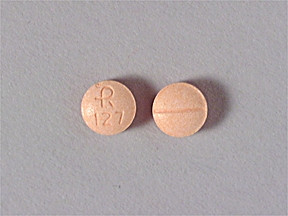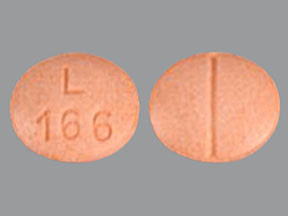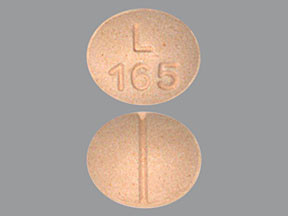CLONIDINE - ORAL
PHONETIC PRONUNCIATION: (KLON-i-deen)
COMMON BRAND NAME(S): Catapres
GENERIC NAME(S): clonidine HCl
Uses
USES: This medication is used alone or with other medications to treat high blood pressure (hypertension). Lowering high blood pressure helps prevent strokes, heart attacks, and kidney problems. Clonidine belongs to a class of drugs (central alpha agonists) that act in the brain to lower blood pressure. It works by relaxing blood vessels so blood can flow more easily.
How to use CLONIDINE - ORAL
HOW TO USE: Take this medication by mouth with or without food as directed by your doctor, usually twice daily (in the morning and at bedtime). If the doses are not equal, take the larger dose at bedtime to decrease the risk of side effects. The dosage is based on your medical condition and response to treatment. Use this medication regularly to get the most benefit from it. To help you remember, take it at the same times each day. It is important to continue taking this medication even if you feel well. Most people with high blood pressure do not feel sick. Do not stop taking this medication without consulting your doctor. You may experience symptoms such as nervousness, agitation, shaking, and headache. A rapid rise in blood pressure may also occur if the drug is suddenly stopped. The risk is greater if you have used this drug for a long time or in high doses, or if you are also taking a beta blocker (such as atenolol). There have also been rare reports of severe, possibly fatal reactions (such as stroke) from stopping this drug too quickly. Therefore, it is important that you do not run out of clonidine or miss any doses. Tell your doctor or pharmacist right away if you are unable to take the medication (for example, due to vomiting). To prevent any reactions while you are stopping treatment with this drug, your doctor may reduce your dose gradually. Consult your doctor or pharmacist for more details. Report any new or worsening symptoms right away. When used for a long time, this medication may not work as well and may require different dosing or an additional medication. Talk with your doctor if this medication stops working well (such as your blood pressure readings remain high or increase).
Side Effects
Precautions
Interactions
Overdose
Images

- color
- orange
- shape
- round
- imprint
- logo and 127

- color
- orange
- shape
- round
- imprint
- logo and 127

- color
- orange
- shape
- round
- imprint
- logo and 127

- color
- orange
- shape
- round
- imprint
- logo and 127

- color
- orange
- shape
- round
- imprint
- logo and 127
Reviews
Faq for CLONIDINE - ORAL
Clonidine is typically used to treat high blood pressure. It can also be used to manage withdrawal symptoms from opioids and other substances, as well as treat ADHD.
Clonidine works by stimulating certain alpha receptors in the brain, which leads to a decrease in blood pressure. It also helps regulate the release of norepinephrine, a hormone that plays a role in attention and anxiety.
Common side effects of Clonidine may include drowsiness, dry mouth, constipation, dizziness, headache, and low blood pressure.
Clonidine is not considered addictive. However, sudden discontinuation of the medication may lead to withdrawal symptoms such as high blood pressure, rapid heart rate, and anxiety.
Clonidine is usually taken orally, either with or without food. It is important to follow the dosage instructions provided by your healthcare provider and not skip or double doses.
Clonidine may interact with other medications, including antidepressants, blood pressure medications, and sedatives. It is essential to inform your doctor about all the medications you are taking to avoid potential interactions.
Clonidine should only be taken during pregnancy if the potential benefits outweigh the potential risks. It is crucial to discuss with your healthcare provider before using Clonidine if you are pregnant or planning to become pregnant.
If you miss a dose of Clonidine, take it as soon as you remember. However, if it is close to the time for your next dose, skip the missed dose and continue with your regular dosing schedule. Do not take a double dose to make up for the missed one.
Yes, Clonidine can be used in children to treat conditions like ADHD or high blood pressure. However, the dosage and safety of Clonidine in children should be closely monitored and determined by a healthcare professional.
Clonidine usually starts working within several hours, but it may take a few weeks to experience the full benefits. It is important to continue taking the medication as prescribed even if you are not experiencing immediate effects.
Disclaimer
IMPORTANT: HOW TO USE THIS INFORMATION: This is a summary and does NOT have all possible information about this product. This information does not assure that this product is safe, effective, or appropriate for you. This information is not individual medical advice and does not substitute for the advice of your health care professional. Always ask your health care professional for complete information about this product and your specific health needs.


No Reviews Yet